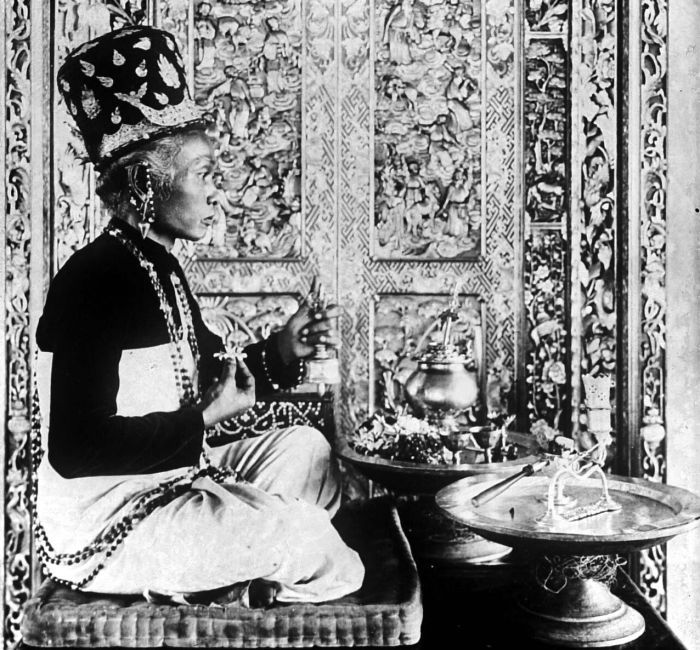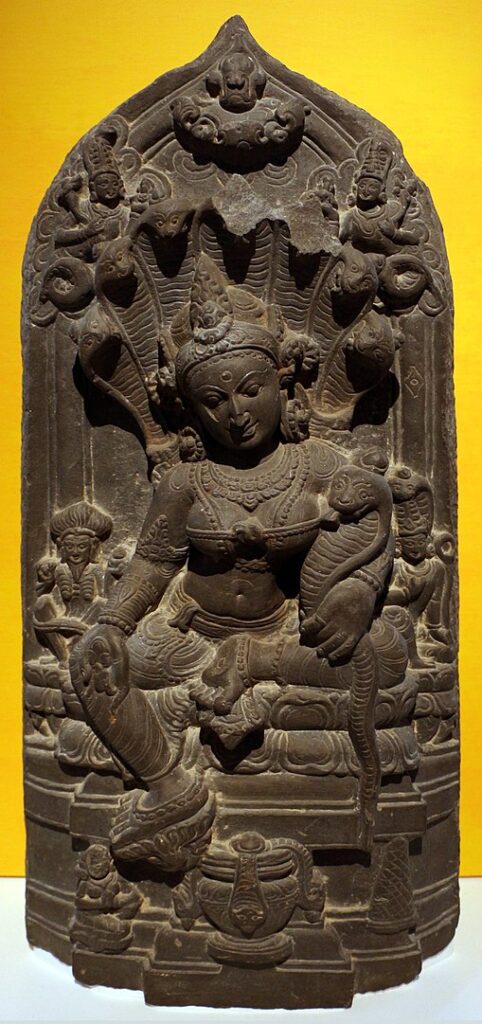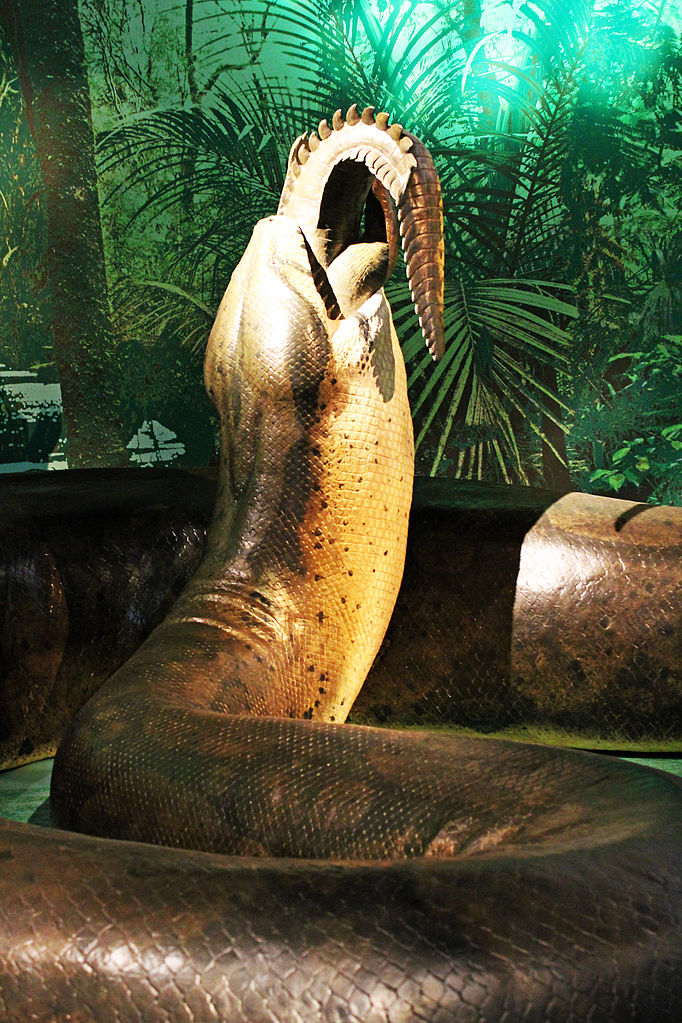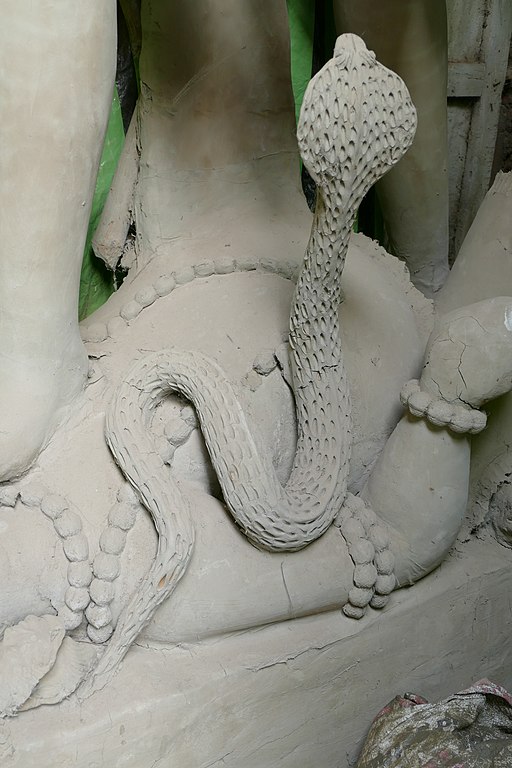
Table of Contents (The Complete Mahabharata in Simple English)
Previous Post: Astika Returns Home
| Note: In the previous post, we read that Astika went home after saving the snakes and shared the news with his family. When his family expressed the desire to give him a boon, he asked for the protection of humans from virulent snakes. In this post, we will find out the names of the principal snakes who perished in Janamejaya’s snake sacrifice. |
You’ll recollect that Ugrasrava Sauti narrated the Mahabharata to Saunak Kulapati and the ascetics who attended his 12-year yagna in Naimisha Forest.
After hearing Astika’s story, Saunak Kulapati wanted to know the names of the snakes that fell into the fire.
Sauti said that billions of snakes fell into that fire. Their number was so great that it was impossible to count them, let alone narrate their names. However, Sauti narrated the names of the principal snakes.
The principal snakes from Vasuki’s race that fell into the fire were huge-bodied and possessed deadly poison. They were blue, red, and white in colour. Their names were:
- Kotisa
- Manasa
- Purna
- Cala
- Pala
- Halmaka
- Pichchala
- Kaunapa
- Cakra
- Kalavega
- Prakalana
- Hiranyavahu
- Carana
- Kakshaka
- Kaladantaka
The principal snakes from Takshaka’s race who perished were:
- Puchchandaka
- Mandalaka
- Pindasektri
- Ravenaka
- Uchochikha
- Carava
- Bhangas
- Vilwatejas
- Virohana
- Sili
- Salakara
- Muka
- Sukumara
- Pravepana
- Mudgara
- Sisuroman
- Suroman
- Mahahanu
The principal snakes who perished from Airavata’s race were:
- Paravata
- Parijata
- Pandara
- Harina
- Krisa
- Vihanga
- Sarabha
- Meda
- Pramoda
- Sauhatapana
The principal snakes from the Kauravya race were:
- Eraka
- Kundala Veni
- Veniskandha
- Kumaraka
- Vahuka
- Sringavera
- Dhurtaka
- Pratara
- Astaka
The snakes born in Dhritarashtra’s race were highly poisonous and could move at the speed of wind.
- Sankukarna
- Pitharaka
- Kuthara
- Sukhana
- Shechaka
- Purnangada
- Purnamukha
- Prahasa
- Sakuni
- Dari
- Amahatha
- Kumathaka
- Sushena
- Vyaya
- Bhairava
- Mundavedanga
- Pisanga
- Udraparaka
- Rishabha
- Vegavat
- Pindaraka
- Raktanga
- Sarvasaranga
- Samriddha
- Patha
- Vasaka
- Varahaka
- Viranaka
- Suchitra
- Chitravegika
- Parasara
- Tarunaka
- Maniskandha
- Aruni
“O Brahmana,” Ugrasrava Sauti said to Saunaka Kulapati after naming the snakes, “There were so many snakes who perished. Some had three heads, some had seven, while others had ten. Their poison was terrible and dangerous. It was capable of creating a fire similar to the fire at the end of a yuga. Many snakes had huge bodies that were as large as a mountain summit, and in length, some of them were as long as two yojanas. They could change their form at will, they could move very fast and were immensely strong. All of them were burnt in that fire.”
Sauti continued, “O Brahmanas, O great descendant of Bhrigu’s race, your ancestor, Pramati, had cheerfully narrated this story to his son, Ruru. And now, I have narrated the same history of the learned Astika, exactly as I heard it. I hope this story that increases the listener’s virtue has satisfied you.”
| Note: This post ends the Astika (sub) Parva. In the next post, we begin the Adivansavatarana (sub) Parva, which begins with Janamejaya requesting Rishi Vyasa (during the snake sacrifice) to tell him the Bharata: the complete story of the Kuru clan. Rishi Vyasa directs his disciple Vaishampayana to narrate the Bharata. The story of the Kuru race begins from the Adivansavatarana (sub) Parva. |
Table of Contents (The Complete Mahabharata in Simple English)
Next Post: King Janamejaya Requests Rishi Vyasa to Narrate the Story of His Ancestors











